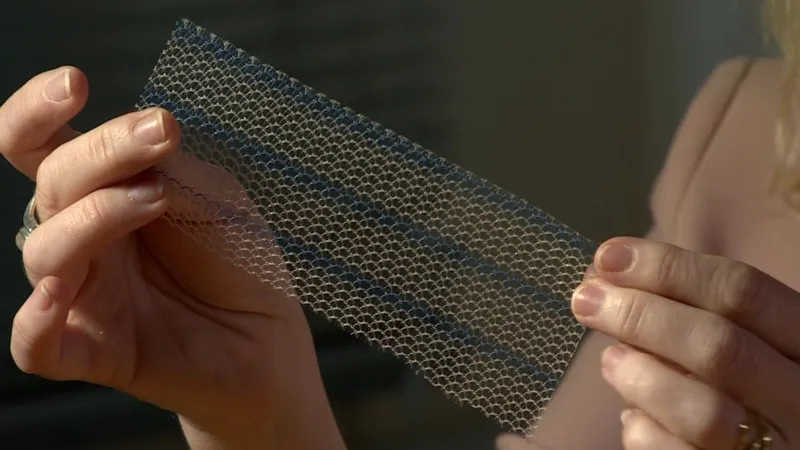
Families of children left disabled by an epilepsy drug and women injured by pelvic mesh implants should be given urgent financial help, England’s patient safety commissioner has said.
Dr Henrietta Hughes has called on the government to act quickly to help victims of the two health scandals.
It follows a review which found lives had been ruined because concerns about some treatments were not listened to.
Ministers say they will consider and respond to the recommendations.
It is estimated that, since the early 1970s, about 20,000 babies have been born with disabilities after foetal exposure to sodium valproate, which can harm unborn babies if taken in pregnancy.
Scientific papers from as early as the 1980s suggested valproate medicines were dangerous to developing babies, yet warnings about the potential effects were not added to some packaging until 2016.
Some families affected have been campaigning for decades to raise awareness of the potential effects of the drug, with some calling for compensation and a public inquiry.
Dr Hughes was asked by the government to look into a potential compensation scheme for those affected by that scandal, as well as the one involving some 10,000 women who were injured by their pelvic mesh implants – a treatment for pelvic organ prolapse (POP) and incontinence.
Some women were left in permanent pain, unable to walk, work or have sex.
Figures suggest there were 127,000 mesh implants to treat incontinence and POP between April 2008 and March 2017, but campaigners believe the actual number is higher.
Dr Hughes has recommended initial payments of £100,000 to be made to victims of the sodium valproate scandal and £20,000 to be paid to women injured by mesh implants.
This should be followed by further payments for some, as well as some non-financial assistance to victims and their families, Dr Hughes said.
 Weekly Bangla Mirror | Bangla Mirror, Bangladeshi news in UK, bangla mirror news
Weekly Bangla Mirror | Bangla Mirror, Bangladeshi news in UK, bangla mirror news







